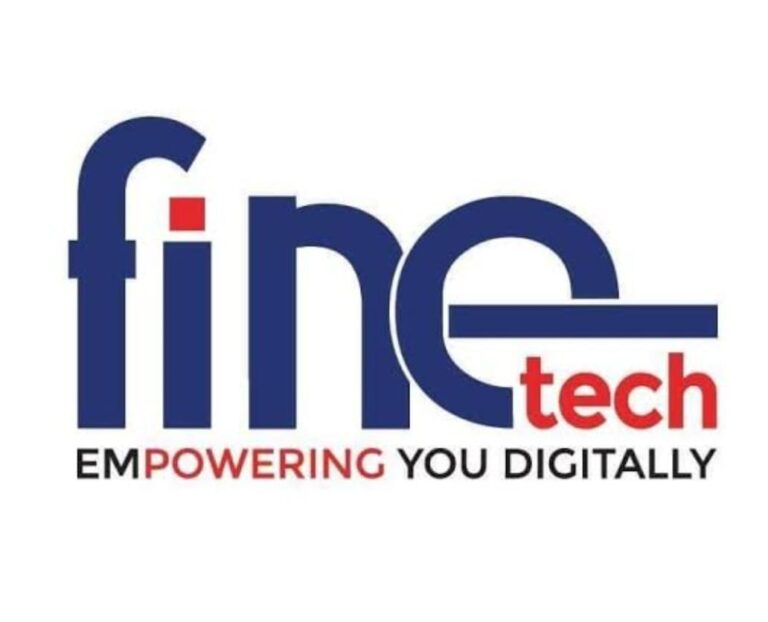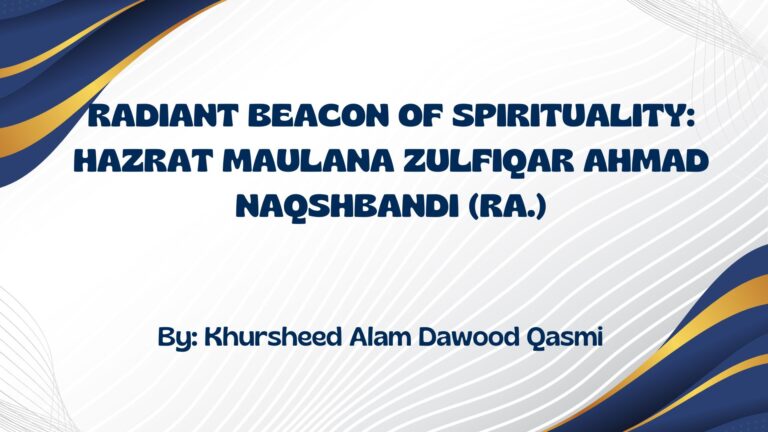
Ulama may be Financially Independent through Proper Investment in Share Market
“Ulama may be Financially Independent through Proper Investment in Share Market” (Mufti Wahiduzzaman Qasmi)
By: Muhammad As’ad
A 2nd Year DELL student of MMERC, Mumbai
On Sunday, 5 October 2025, an online lecture was held on the topic of “Share Market an Opportunity of Halal Earning in Contemporary Era” by Markazul Ma’arif Education and Research Centre (MMERC), Mumbai. Dell Students from all MMERC affiliated branches virtually attended this lecture.
With the introductory words, Mufti Jaseemuddin Qasmi, the senior lecturer of MMERC, commenced the program.
The guest lecturer, Mufti Wahiduzzaman Siddequey Qasmi, the founder of Fortify Nurture Academy and an expert in Digital Marketing shared his experiences with the following words, “If ulama are fully engaged in only earning money, neither time nor enthusiasm will remain to render the services of Islam. To do both–rendering services of Islam and making money simultaneously, they may consider Share Market a good option in their leisure time. It will keep them to be independent financially.”

He further said, “Before stepping forward, one should see where he financially stands. Whether he is still dependent on the salary of parents or independent of his privileged-burden. Whether he is capable of saving something or still living paycheck-to-paycheck. Is he stable or facing bad debt?” Once, Mahatma Gandhi said: “The future depends on what you do today” he added.
Elaborating the wealthy person, he said: “wealthy is not the one who has too much money; rather who is perfect in managing time, deepening social interaction, maintaining physical health along with financial hardships. However, financial wealth can help all kinds of wealth as mentioned above.”
In today’s fast paced-world, inflation keeps growing but earning remains the same. Therefore, one must maintain his savings to keep the earnings always higher than the inflation rate. And one should make regular investment and then reinvestment with patience. Talking about share market, he said that a Muslim can only invest in companies whose business practices adhere to Islamic Islamic law, meaning the company’s primary activities must be halal and avoid forbidden industries like alcohol, gambling etc. The company’s finances must also comply, with limitations on debt, interest income, and other non-compliant revenue streams, such as the debt-to-equity ratio being less than 33% and non-permissible income being less than 5% of total revenue. One should avoid future trading too.
He added that in India, several organizations provide guidance and resources for investing in halal shares, including financial service companies, research platforms, and apps. The organizations like Islamic Stock, Islamic Tijara and Tasees etc. offer Shariah-compliant stock screening and advisory services to help investors align their portfolios with Islamic principles.

At last, with the students’ questions answered satisfactorily, this wonderful session came to an end, cultivating a stronger desire within the students to explore the share market and online earning more deeply.
You May Also Like
 RELIGION
RELIGIONA Glance Over Major Religions of the World
A Glance Over Major Religions of the World By M. Burhanuddin Qasmi Director: Markazul Ma’arif...
 Breaking News
Breaking NewsIsrael’s confession of Killings of Palestinians! (War in the name of ceasefire, The Board of Peace is a Shield for Israel)
Israel’s confession of Killings of Palestinians! All talk of peace is just a lie...
 Business
BusinessFintech Revolution: Transforming India's Financial Landscape
Fintech Revolution: Transforming India's Financial Landscape Fintech, short for financial technology, harnesses technology and...
 Articles
ArticlesRadiant Beacon of Spirituality: Hazrat Maulana Zulfiqar Ahmad Naqshbandi (Rah.)
By: Khursheed Alam Dawood Qasmi First Acquaintance with Peer Sahib: It was around the...
 Business
BusinessWhat are you drinking, SOFT or HARD – is it Coke, Cocaine or Alcohol?
What are you drinking, SOFT or HARD – is it Coke, Cocaine or Alcohol?...
 Breaking News
Breaking News₹10 Lakh Government Grant Sanctioned under Madrasa Modernisation Scheme
₹10 Lakh Government Grant Sanctioned under Madrasa Modernisation Scheme Applications open until November 13;...

Comments (0)
Leave a Comment